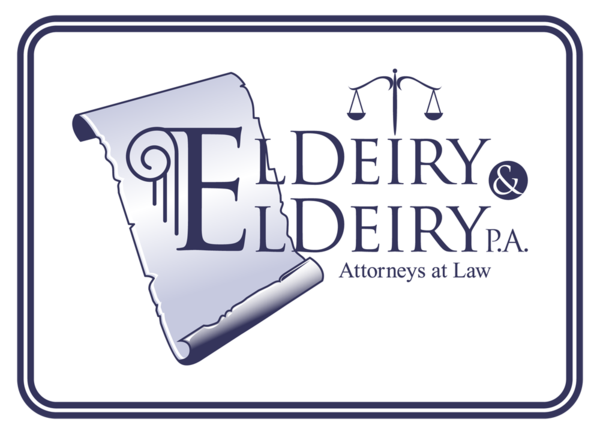
Back in March, we published a blog about the limitations of a will. In it, we discussed how a will could be an excellent estate planning tool, but anyone who created one and decided it was the only document they were missing out on critical components of a complete plan. We also released a blog detailing what a comprehensive plan looked like. For example, a will allows you to state who will receive your assets when you pass away, but it doesn’t do a significant amount in incapacity planning. For that, you would need to think about designating a healthcare surrogate and having a durable power of attorney.
The overall theme is that your estate planning selects certain documents (which you can think of as tools) that complement one another. There is no set way to assemble an estate plan because the result is based on your goals and the assets you possess. To better understand how this works, we wanted to discuss how a revocable trust and will work with one another.
Two Different Estate Planning Methods
Although they are different estate planning vehicles, they have some similarities. For example, you could use either a revocable trust or will to ensure your assets are distributed to your designated beneficiaries when you pass away. The difference is how that happens. Wills are legal documents, whereas trusts (including revocable ones) are legal entities. Wills take effect after you pass away. Those who create a will without a trust accept that their assets will pass through the probate courts. Though we have dissected this in the past, it is essential to remember that the named personal representative in the will oversees the estate, the notification of creditors, the payments to the creditors, and ultimately distributes the assets per the will’s instructions.
Revocable trusts, unlike wills, can also facilitate passing your assets to your beneficiaries, but they take effect during your lifetime. The power of revocable trusts lies in the fact that you can name yourself as a trustee, so you can control the assets in the trusts while you are still alive. This is how people can live in their homes even though the trust owns them. Instead of a personal representative, you will name a successor trustee to manage the trust. Because the trust is a legal entity, nothing in it has to go through probate.
How Wills & Trusts Compliment One Another
Because they have commonalities and differences, note that they can work together effectively. One of the many ways this is true is by looking at a “pour-over” will. Before we explain, we want to remind you that estate planning happens throughout your life. You may get divorced, or you may simply acquire more assets. What happens when you have a will and a trust but fail to update them? You may have several assets that are not in the trust or are not identified in the will.
A pour-over will places any assets that are not in the trust when you pass away into it. One of the overlooked components of creating a trust is that you have to fund it, and you do so by titling the assets in the trust’s name. With a pour-over will, these remaining assets go into the trust after your passing. Ultimately, they can also be distributed based on the instructions you included. Not only can you account for your assets this way, but you are also ensuring that anything that gets added to the trust will not have to endure the costly and time-consuming probate process.
Get in Touch with ElDeiry & ElDeiry, P.A.
Never assume that working with an estate planning attorney is unnecessary because you can find and fill out a DIY will online. The power of estate planning comes from having an experienced and dedicated attorney select the proper documents to fit your designated needs. If you want to speak more about estate planning with our team, contact us today to schedule your consultation.
Eldeirylaw
Latest posts by Eldeirylaw (see all)
- Ways In Which A Will & A Revocable Trust Work Together - May 15, 2023






